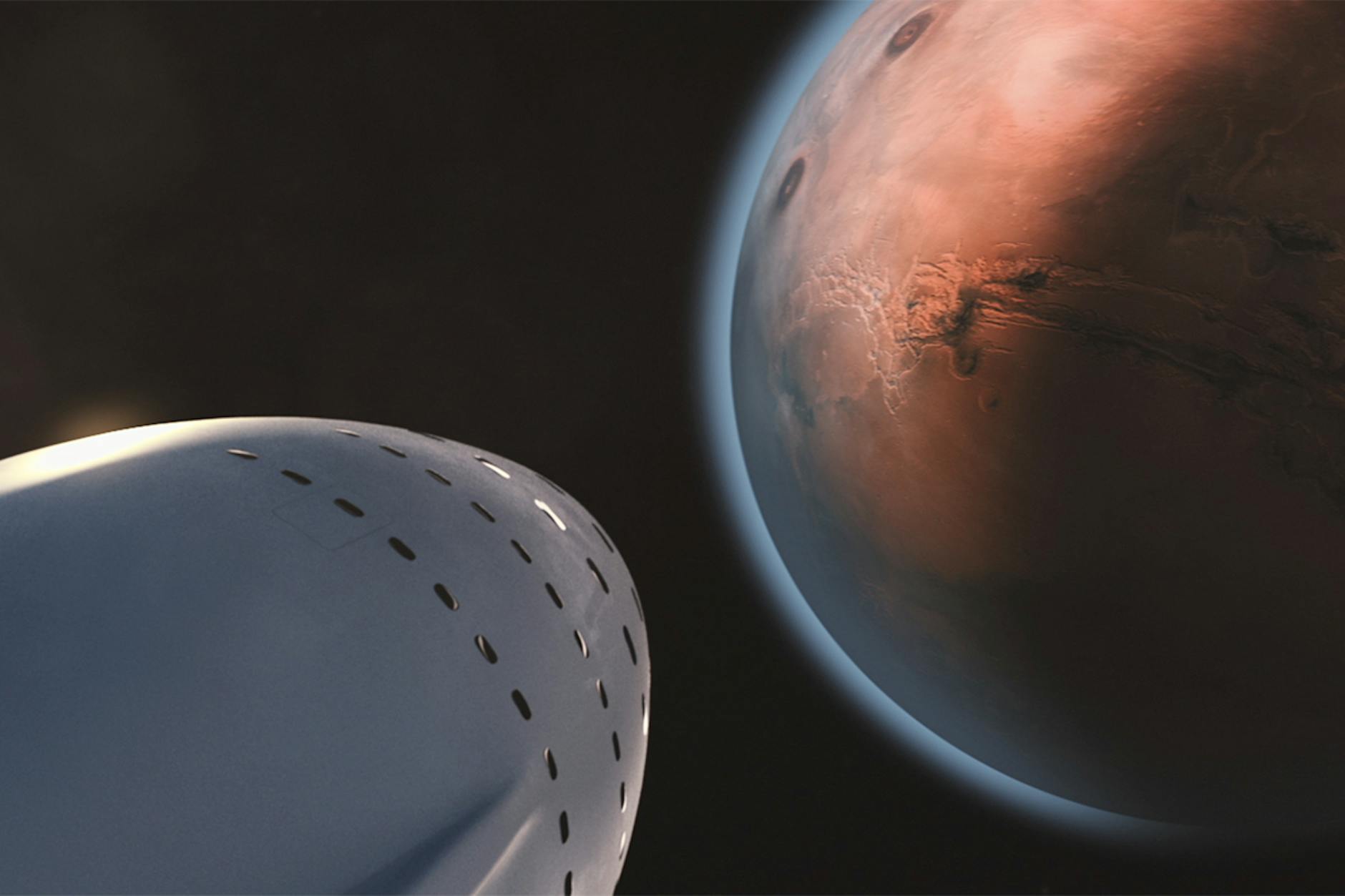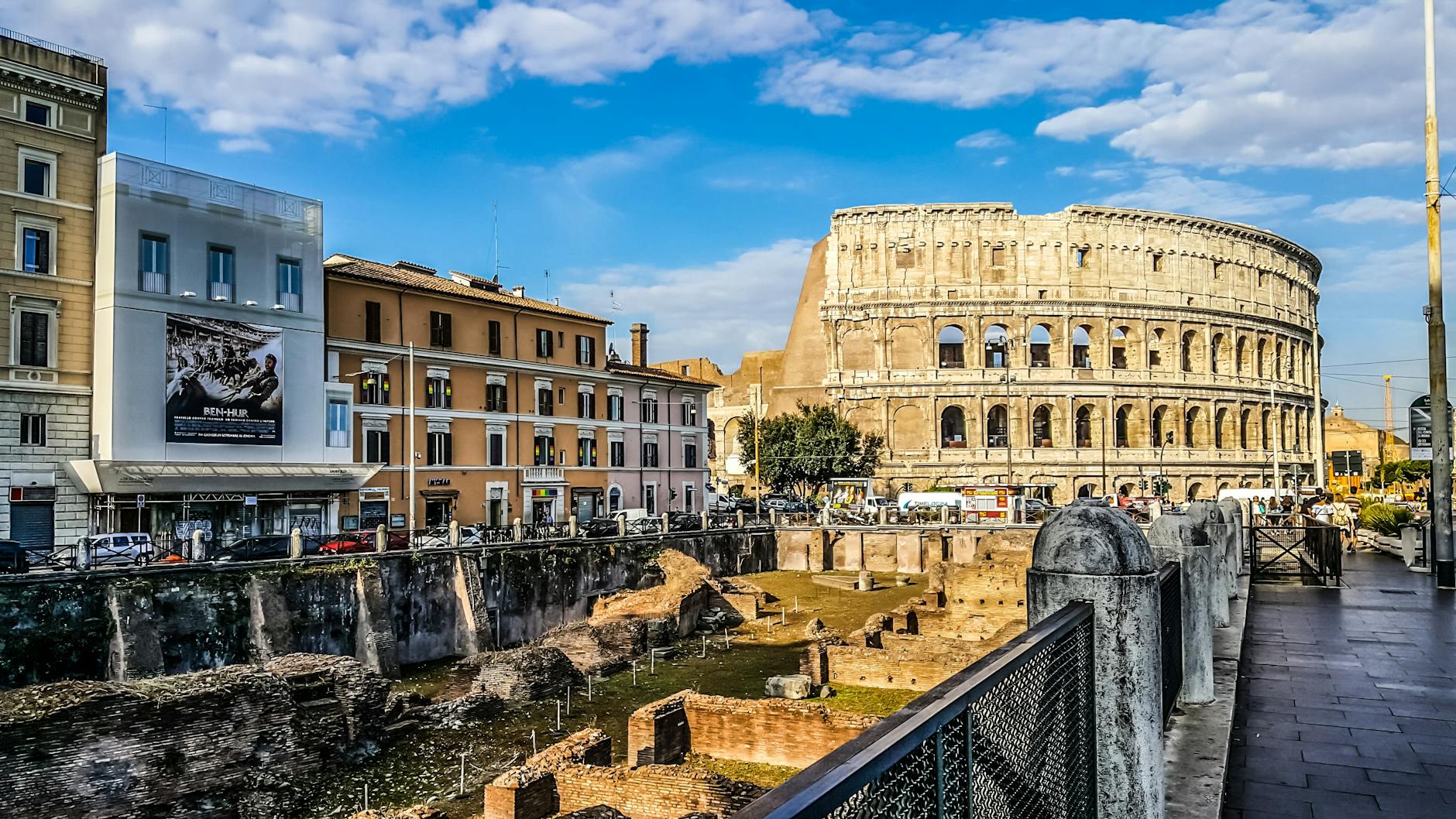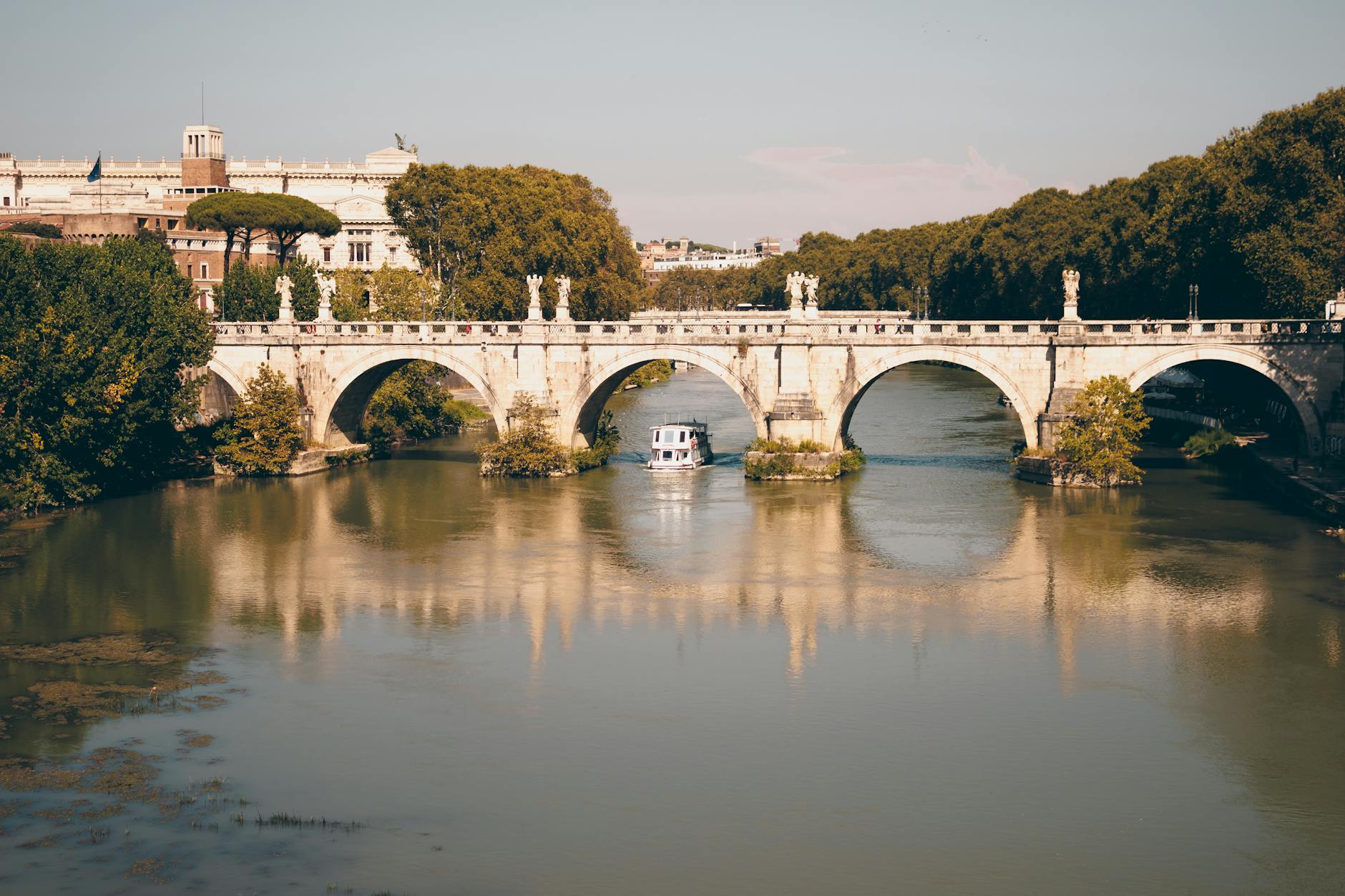How to Explore Australia Responsibly and Protect Its Marine Ecosystems

Exploring Marine Sites
Selecting Eco-Friendly Tours
In my passionate journey to protect marine ecosystems, choosing eco-friendly tours is crucial. Consider, for instance, the harmonious model employed by Galapagos Islands tours. These tours ensure minimal impact on the delicate ecosystems, allowing us to observe and understand marine life without causing harm. Closer to home, the Sydney Aquarium serves as a local example of responsible tourism, providing marine exhibits that educate without disturbing the natural habitats. Additionally, exploring the eco-tours around Sydney Harbour offers a sustainable way to enjoy the stunning coastal landscapes. These tours prioritize conservation, showing that tourism can coexist with preserving our ecosystems.
Recognizing Sensitive Habitats
The importance of recognizing sensitive marine habitats is akin to noting the nuances in a complex symphony; each element must be handled with care. Tours focusing on South American regions, like South American tours, often highlight the fragile balance of these environments. The same can be noted in the pristine marine sites around Bondi's Coastal Walk, where conservation efforts are continually put in place to protect native species and habitats. As a conservationist, identifying areas that require specific attention ensures that we take from nature only memories and leave behind nothing but footprints.
Observing Wildlife Responsibly
When it comes to observing marine wildlife, responsibility takes precedence. This means adhering to guidelines that prevent disturbance to animals and their habitats, much like the principles upheld in the eco-friendly practices encouraged at Sydney’s marine exhibitions. Our role is to observe without interfering, ensuring that our presence does not alter the natural behaviors or environments of the species we cherish. Implementing such responsible practices allows us to contribute to the collective effort of protecting our precious marine ecosystems.
Minimizing Environmental Impact
Reducing Plastic Use
As a marine conservationist, understanding the pervasive impact of plastic is crucial. While sailing the pristine waters of eco-friendly tours around Sydney Harbour, I've witnessed firsthand the harm plastic waste inflicts on marine life. It's vital to make conscious efforts to curb plastic use. Start by opting for reusable items like water bottles and tote bags. This minor adjustment can reduce your ecological footprint considerably.
Practicing Responsible Diving
Responsible diving is essential for protecting aquatic ecosystems. When diving in regions like the Great Barrier Reef, ensure you're respectful of coral and marine life. Avoid touching corals or disturbing their surroundings. Stay aware of your buoyancy to prevent any unintended contact. Trustworthy operators skilled in sustainable practices, such as those offering Galapagos cruise experiences, should always be your choice.
Supporting Local Conservation
Supporting local conservation initiatives is another way to reduce our environmental impact. Engaging with organizations that focus on marine protection, like those involved in Cuba tours, can drive real change. Opportunities abound at places like the Sydney Aquarium, where marine exhibits often highlight ongoing conservation efforts. These can serve as inspiration for anyone committed to protecting our oceans.
By incorporating these strategies, such as reducing plastic use, diving responsibly, and supporting local conservation efforts, we can collectively contribute to protecting marine environments and ensuring they flourish for future generations to enjoy.
Educating and Engaging Others
Communicating Science Effectively
As someone deeply entrenched in conservation efforts, especially concerning marine ecosystems, I’ve realized the importance of translating complex scientific data into comprehensible information for the general public. Communicating effectively means distilling your findings into relatable narratives while maintaining scientific integrity. Consider utilizing visual elements like infographics and short videos, which can succinctly convey complex ideas. For example, the captivating displays at the Sydney Aquarium make marine life accessible to all ages, enhancing understanding through interaction.
Using Social Media for Awareness
Social media serves as a potent tool to broadcast conservation messages far and wide. Platforms like Twitter and LinkedIn allow us to connect with international audiences, sharing updates on critical issues such as the preservation of marine biodiversity and the effects of climate change. Highlighting experiences from scientific tours like Antarctica cruises or Galapagos tours can also inspire your followers to consider the environmental impact of their travel choices. Using hashtags related to conservation themes further amplifies reach and fosters community engagement.
Involving Communities and Tourists
Engaging local communities and tourists in eco-friendly practices is crucial. Initiatives designed around eco-friendly tours, like those around Sydney Harbour, actively involve participants in conservation. By offering workshops or guided tours, tourists can learn about the significant benefits of preserving marine habitats and the role they play in sustaining these efforts. Such educational approaches not only promote awareness but also empower participants to adopt sustainable practices in their everyday lives.
Supporting Marine Conservation Initiatives
Volunteering Opportunities
Volunteering provides an instrumental way for individuals like us to contribute to marine conservation. Whether participating in research projects around the Great Barrier Reef or engaging in community-driven coastal clean-ups along Bondi's Coastal Walk, there's a wealth of opportunities to make a tangible impact. These initiatives often involve data collection, habitat restoration, and wildlife monitoring, offering firsthand experience and a chance to collaborate with conservation experts—a practice that my experience as a marine biologist has deeply enriched. These activities aren't just confined to Australia; consider joining global efforts such as arctic cruises for research on climate impacts or even taking part in cuba travel projects focusing on marine biodiversity.
Donating to Efforts
Making regular donations to conservation organizations can significantly advance research and community projects aimed at preserving marine life. Entities like the Australian Marine Conservation Society offer options to fund initiatives dedicated to protecting threatened species and advocating for sustainable coastal development. Contributions help finance vital scientific studies and outreach programs in places like the Sydney Aquarium, where ongoing research and education efforts strive to bolster public awareness.
Advocacy in Policy Changes
Engagement in policy advocacy is crucial for long-term environmental sustainability. It's essential to support legislative changes that enforce stricter regulations on pollution and overfishing while promoting renewable energy sources. As conservationists, we can utilize platforms such as LinkedIn or professional gatherings to push for effective policy shifts. Staying informed and vocal about these measures underscores our integral role in fostering a future where marine ecosystems thrive.
Overcoming Marine Preservation Challenges
Tackling Climate Change Effects
In our battle against climate change, we're learning from Sydney Aquarium's innovative approaches—implementing strategies like reducing carbon footprints in eco-friendly tours around Sydney Harbour and utilizing renewable energy sources. As conservationists, we must bolster efforts in advocating for stricter international commitments to marine protections. Encouraging travelers and locals alike to participate in sustainable practices, such as offsetting emissions, can play a vital part in combating climate-induced challenges.
Addressing Overfishing
The thriving marine exhibits at Sydney Aquarium remind us of the delicate balance of marine life—overfishing jeopardizes this harmony. To effectively tackle this, promoting responsible fishing practices within Bondi's Coastal Walk and supporting certified sustainable fisheries help take significant strides toward preservation. Advocating for policies that protect species and regulate catch sizes will ensure the longevity of Australia's magnificent marine biodiversity.
Combating Public Disinterest
Raising public interest in marine conservation is crucial. Engaging with communities, schools, and eco-friendly tour operators around Sydney can spark passion for ocean preservation. Creating immersive experiences—whether through interactive learning at the aquarium or coastal clean-up initiatives—fosters a deeper connection between individuals and the marine world. Using platforms like social media to share impactful stories and science-driven insights can galvanize even those who may feel disconnected from conservation efforts.
By embracing these strategies, we can inspire a united front committed to safeguarding Australia's breathtaking marine ecosystems for future generations to appreciate.


